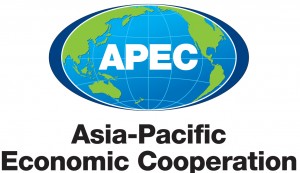Students in other countries consistently outperform their U.S. peers in subjects such as math, science and reading; and test results suggest that U.S. students are less successful than their international peers in applying the academic skills they do have to real-world tasks, according to a report that examines major internationally benchmarked exams.
The recent report, U.S. Performance Across International Assessments of Student Achievement: Special Supplement to The Condition of Education 2009, by the Institute of Education Sciences’ National Center for Education Statistics, provides data that may lend insight to the conservations that join economic competitiveness and education.
The report is a first-time effort of IES to pulls together the evidence from the most recent international assessments taken by nearly a million students from 85 countries, according to IES. The study includes three internationally benchmarked exams — the Progress in International Reading Literacy Study (PIRLS), the Program for International Student Assessment (PISA), and the Trends in International Mathematics and Science Students. Despite some academic gains over the years, the U.S. states seemingly lags as other countries step up their performance in the core subjects.
Perhaps of most interest among CTE stakeholders would be data found from PISA, an assessment given to 15-year-olds every three years:
• The most recent PISA results suggests that U.S. 15-year-olds are not as successful in applying mathematics knowledge and skills to real-world tasks as their peers in many other developed nations. The mathematics average score placed U.S. 15-year-olds in the bottom quarter of participating developed nations, a position unchanged from 2003.
Data on how students apply their knowledge and skills may offer some helpful background for the CTE community as it continues to make its case for the value of workforce readiness curricula.


